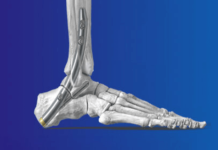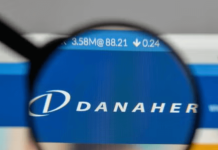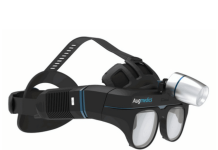Pulse Biosciences announced clinical study results from a first-in-human study of its nPulse system.
The company shared findings from the first-in-human feasibility study of the cardiac surgical system at the 39th European Association for Cardio-Thoracic Surgery Annual Meeting in Copenhagen, Denmark.
Pulse Biosciences’ proprietary nPulse technology delivers nanosecond pulses of electrical energy to non-thermally clear cells while sparing adjacent noncellular tissue. It developed its nPulse technology for use in the treatment of AFib and in other areas such as surgical soft tissue ablation.
Related: ACORAI has positive results in heart failure management platform study
The FDA granted investigational device exemption (IDE) for the company’s nanosecond pulsed field ablation (nsPFA) system last month.
Pulse Biosciences said its feasibility study assesses the initial safety and efficacy of the nPulse system for AFib. To date, European investigators report 44 patients treated across multiple sites in the Netherlands. In the initial cohort, 24 patients had ablation effectiveness and durability evaluated by electroanatomical mapping at approximately three months post-procedure.
Initial results showed 100% success in posterior box isolations in the high-dose cohort. Success rate of pulmonary vein isolation at three months came in at 94. Ablation time averaged 50 seconds with an average number of 13 applications. Investigators report no esophageal or phrenic nerve damage or ablation-related severe or major adverse events.
“Pulse Biosciences is the first company to bring PFA into the cardiac surgical field for the treatment of atrial fibrillation,” said Paul LaViolette, CEO and co-chair of Pulse Biosciences. “We believe our novel and proprietary nonthermal nPulse technology offers significant advantages in safety, as demonstrated across our multiple clinical applications, as well as efficacy, and speed compared to traditional thermal ablation methods like radiofrequency. We remain on track to initiate an IDE study this year to clinically validate the nPulse Cardiac Surgical System, and we look forward to continued collaboration with leading physicians as we work toward commercial approval and broader patient access.”




